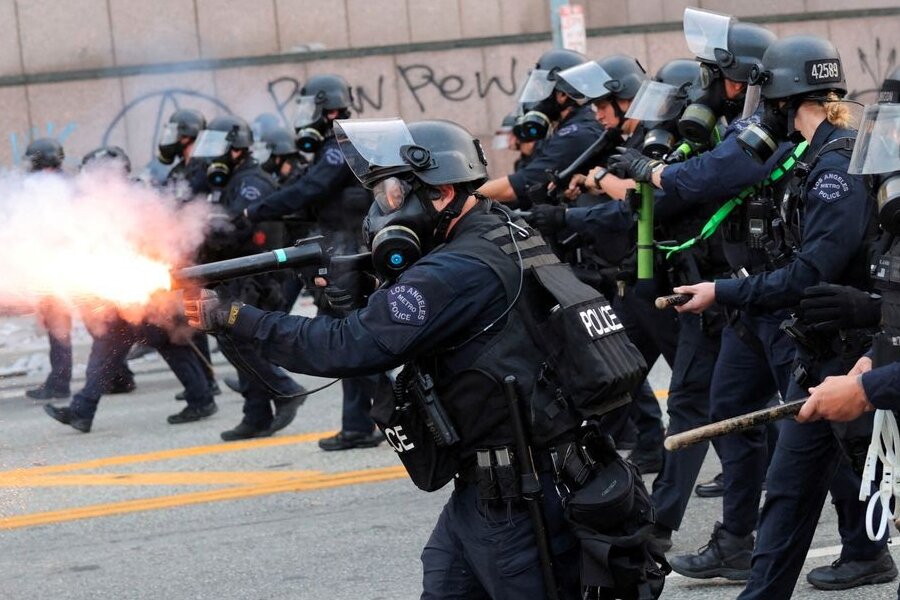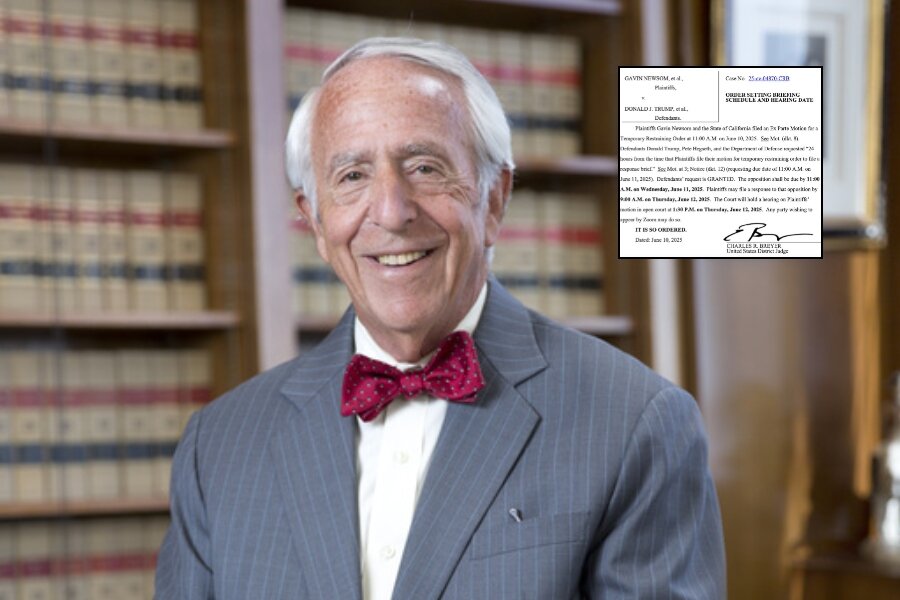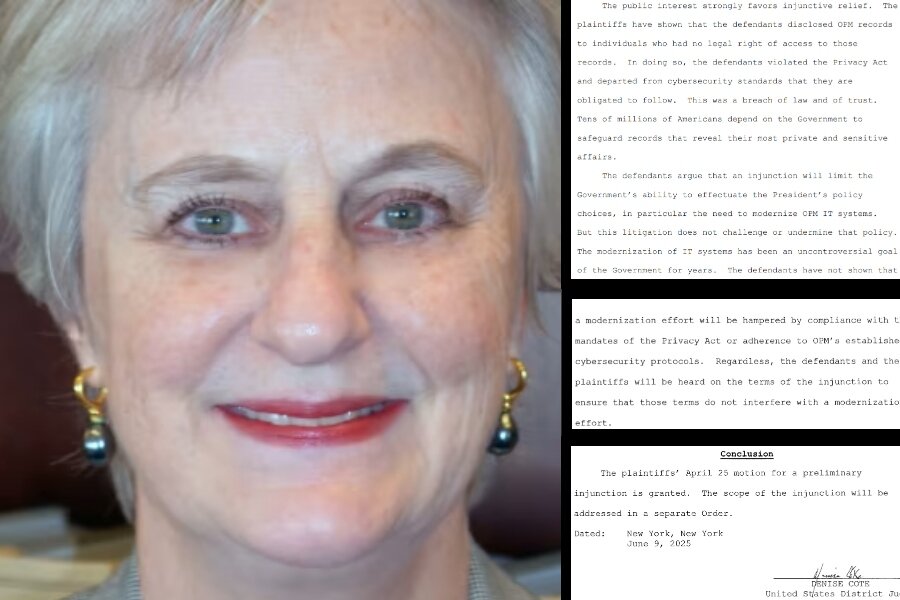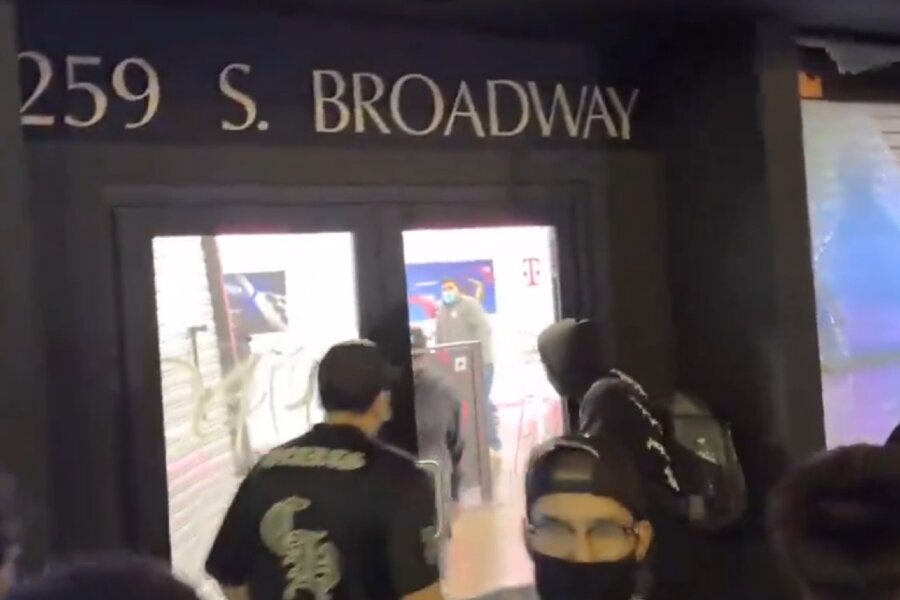On Thursday, April 11, the Idaho Supreme Court backed recent changes to the state’s voter ID rules, supporting a decision by a lower court that favored Idaho Secretary of State Phil McGrane.
These changes mean student IDs can no longer be used for registering to vote or casting ballots in person.
The unanimous decision was made following a lawsuit filed by two voter advocacy groups last year. They argued that two laws unfairly targeted young and out-of-state college voters, violating their voting rights and the principle of equal protection under the Idaho Constitution.
“We conclude House Bills 124 and 340 are reasonable exercises of the legislature’s authority to enact conditions on the right of suffrage under Article VI, section 4 of the Idaho Constitution,” the opinion of the court said.
House Bill 124 barred student IDs from being valid forms of identification at polling stations. Meanwhile, House Bill 340 altered the identification requirements for voter registration by removing the possibility of using the last four digits of a social security number.
Instead, voters are now required to show a valid Idaho driver’s license, a U.S. passport, a tribal ID card, or a concealed carry permit as proof of identity.
In their lawsuit, BABE VOTE and the League of Women Voters, both voter advocacy organizations, argued that these alterations would disproportionately impact young voters and out-of-state students in Idaho.
They asserted that these changes create an unfair and increased obstacle to exercising their fundamental right to vote.
Justice Robyn Brody, speaking on behalf of the court, explained that although voting is a fundamental right protected by the Idaho Constitution, the legislature has the power to establish sensible qualifications and requirements for voter registration and voting.
The court determined that the alterations made by House Bills 124 and 340 did not violate the constitutional right to vote and fell within the legislature’s authority to uphold the integrity and smooth functioning of elections.
In part, the court found the groups’ arguments regarding lack of standing unconvincing when scrutinized strictly. However, when viewed more leniently, the court acknowledged that the groups did indeed have standing.
“While it may be an inconvenience for Plaintiffs, having to ‘re-educate’ voters and volunteers about changes in the law is not the ‘concrete and demonstrable’ injury,” Justice Brody wrote.
“Indeed, the mission of these organizations is voter education. We agree with the Secretary that educating voters about the need to produce identification at the polls is not a new harm; it is part of the organizations’ mission; thus, it is not a sufficient basis to invoke organizational standing,” he added.
The court, applying a rational basis review, the least stringent standard of judicial examination, determined that the legislative changes were “rationally related to legitimate government interests,” including preserving the integrity of elections and updating voter ID procedures to reflect with current standards.
Share your thoughts by scrolling down to leave a comment.













